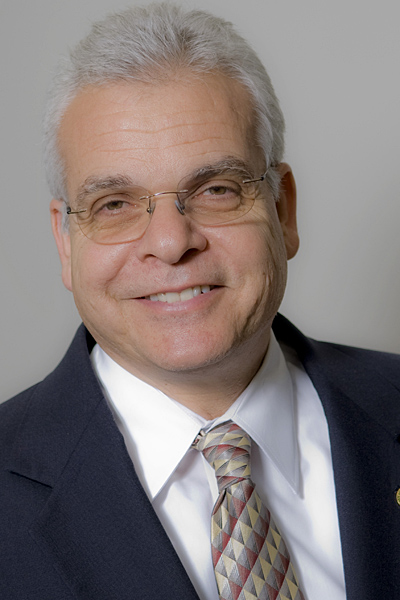New demands on universities go beyond research and teaching to basic research and technology transfer, NAI paper says
Tampa, FL (April 28, 2014) — Should universities change their faculty tenure and promotion calculus based on research and publication to one that recognizes and includes faculty research activities that translate into patents, licensing and commercialization of products?
“Yes,” say a group of university officials from across the nation whose paper “Changing the academic culture: Valuing patents and commercialization toward tenure and career advancement” is published in the current issue of The Proceedings of the National Academy of Sciences.

USF’s Paul R. Sanberg is lead author of the NAI paper
“Over the past several decades, university missions have expanded from teaching and research to include economic development and translating university-based research into real products that benefit society,” says paper lead author Paul R. Sanberg, Distinguished University Professor and senior vice president for research and innovation at the University of South Florida (USF), and president of the National Academy of Inventors (NAI).
Dr. Sanberg is also executive director of the Center of Excellence for Aging and Brain Repair at the USF Health Morsani College of Medicine.
The authors — from USF, the California Institute of Technology, the University of Delaware, the University of Minnesota, The University of Alabama at Birmingham, Purdue University, and the University of Missouri St. Louis — say that, while research activities that translate to product commercialization should not replace traditional scholarly pursuits such as teaching, mentoring students and publishing research, patent and commercialization activities should be considered equally in decisions related to faculty tenure and academic advancement.
